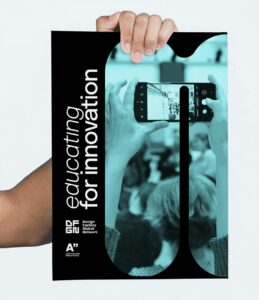Educating for innovation
Learning is at the heart of Design Factory.
We engage in multiple scientific and applied studies investigating pedagogical practices and learning results in co-creation and innovation.
Educating for innovation 2024 report
Based on 54 interviews with educators across the globe conducted in 2024, this new report takes stock of pedagogical choices and collaboration in project-, problem- and design-based learning for innovation. Our aim is to share experiences across the Design Factory Global Network to support and inspire educators in experimenting with their own courses and programs.
Download the report here.
Learning outcomes in the Product Development Project course
In 2017, 272 Product Development Project (PDP) alumni who had taken the course between 1999 and 2016 reported through surveys and interviews what had been key learnings from the course and what they needed in their development efforts in their professional work.
When asked about what had been most useful about the course in hindsight, many alumni brought up the realism of the experience: working with a large team with an actual budget, on a real problem, reporting to a company sponsor. Many also highlighted having learned the most from the mistakes they did during the course. On the other hand, 21% of the alumni we reached had continued collaboration with the organization that sponsored their project in the course afterwards, typically as a summer trainee or doing a master’s thesis for the company.
From the sponsor perspective, taking part in the course was seen as a way of finding future talent and new perspectives in a low-stake opportunity to explore new areas. Project briefs could also be a way of keeping good ideas alive and inspiring existing staff:
“I’ve seen it as a great opportunity for our engineers to jump in, let loose with the students. They get a bit of that out of the box thinking and get to experiment and prototype and play around with a bit more crazy idea, that they can’t do at the office.” (large engineering company sponsor)
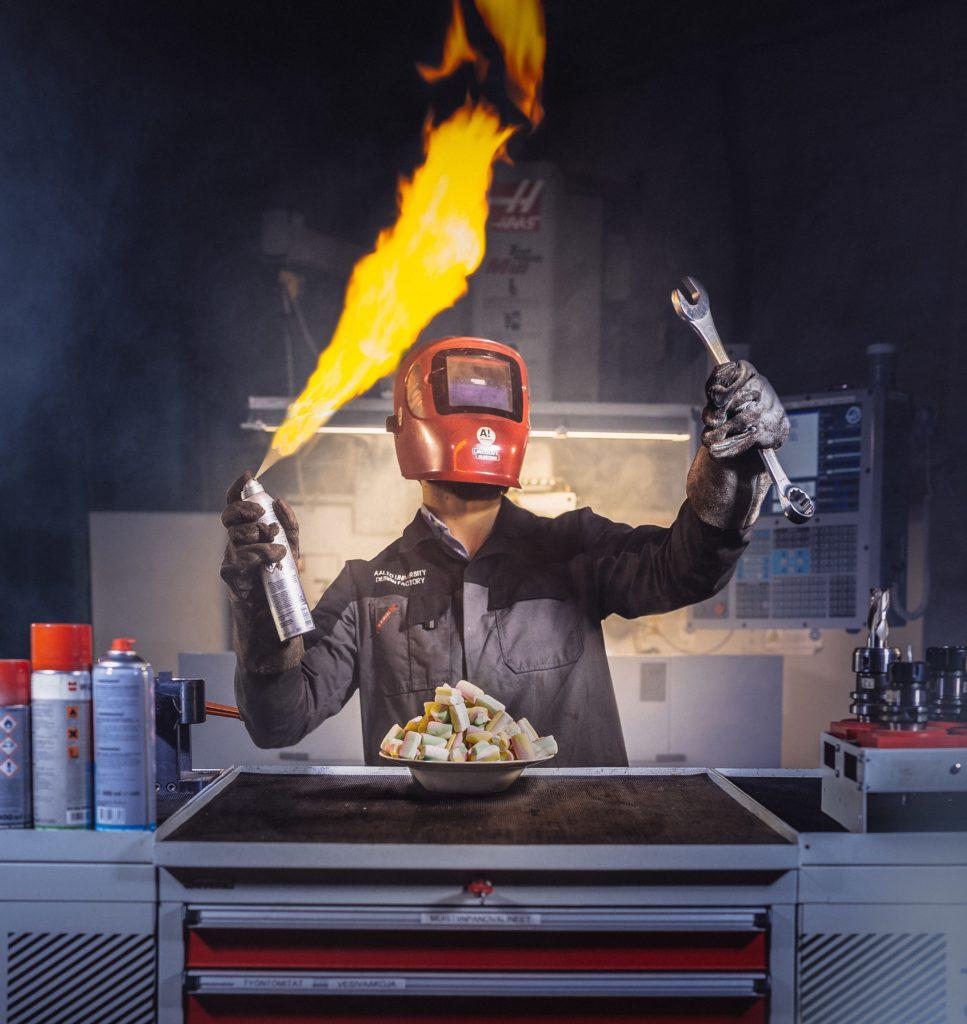
Skills learned through the course
- 64% multidisciplinary & multicultural teamwork
- 31% managing people, projects & tasks
- 30% development process & practices
- 21% communication & networking
- 15% understanding one’s role, confidence & curiosity
Where do PDP alumni end up?
- 37% work in design or engineering positions
- 22% work in a managerial position, double that for those who acted as student project managers during the course
- 16% are entrepreneurs
- 9% work in research
- 7% work in consulting
Skills used in worklife
- 69% attitudes like confidence, curiosity, and persistence
- 34% user-centered design, prototyping and defining problems
- 33% multidisciplinary and multicultural teamwork
- 25% communication and networking
- 16% managing people, projects and tasks
Publications
- Feng, X., Santos Figueiredo, S., Mattila, P., Keskinen, M. & Björklund, T. (2024). Navigating Dilemmas: University Educators’ Journeys in Creativity Teaching. Teaching in Higher Education.
- van der Marel, F., Björklund, T., & Sheppard, S.D. (2024). Moments that matter: Early-career experiences of diverse engineers on different career pathways. Engineering Studies, 16(1), 33-55.
- Björklund, T.A., Gilmartin, S.K. & Sheppard, S. (2023). The dynamics of innovation efforts in the early career. Creativity and Innovation Management, 32, 80-99.
- Eriksson, V., Keipi, T. & Björklund, T. (2023). Identifying and framing potential stakeholders in complex innovation ecosystems. CERN IdeaSquare Journal of Experimental Innovation, 7(3), 8-13.
- Feng, X., Ylirisku, S., Kähkönen, E., Niemi, H., & Hölttä-Otto, K. (2023). Multidisciplinary education through faculty members’ conceptualisations of and experiences in engineering education. European Journal of Engineering Education, 48(4), 707-723.
- Deo, S. & Malge, A. (2022). Understanding engineering students’ perceptions of their curiosity, diligence, and perseverance and assessing its impact on their creativity. CERN IdeaSquare Journal of Experimental Innovation, 6(2): 28-40.
- Feng, X. & Björklund, T.A. (2022). Looking beyond your own speciality: student and faculty perceptions of collaboration opportunities. CERN IdeaSquare Journal of Experimental Innovation, 6(2): 20-27
- Figueiredo, S., Ganoo, A., Eriksson, V. & Ekman, K. (2022). Future-ready skills development through Experiential Learning: perceptions from students working in multidisciplinary teams. CERN IdeaSquare Journal of Experimental Innovation, 6(2): 12-19
- Joore, P., Björklund, T.A., Thong, C. & Zancul, E. (2022). Editorial: Co-creating the future through design-based education in innovation hubs. CERN IdeaSquare Journal of Experimental Innovation, 6(2): 1-3.
- Surma-aho, A., Björklund, T.A. & Hölttä-Otto, K. (2022). User and stakeholder perspective taking in novice design teams. Design Science, 8, e24.
- Björklund, T.A., Keipi, T., Celik, S. & Ekman, K. (2019). Learning across silos: Design Factories as hubs for co‐creation. European Journal of Education, 54(4), 552-565.
- Tan, S. Y., Hölttä-Otto, K., & Anariba, F. (2019). Development and Implementation of Design-Based Learning Opportunities for Students To Apply Electrochemical Principles in a Designette. Journal of Chemical Education, 96(2), 256-266.
- Clavert, M., Löfström, E. & Nevgi, A. (2018). Change agency as a way of promoting pedagogical development in academic communities: a longitudinal study. Teaching in Higher Education, 1–18. DOI: 10.1080/13562517.2018.1451321.
- Rekonen, S.M. & Björklund, T.A. (2016). Perceived managerial functions in the front-end phase of innovation. International Journal of Managing Projects in Business, 9(2), 414-432.
- Rekonen, S.M. & Björklund, T.A. (2016). Adapting to the changing needs of managing innovative projects. European Journal of Innovation Management, 19(1), 111-132.
- Clavert, M., Löfström, E. & Nevgi, A. (2015). Pedagogically aware academics’ conceptions of change agency in the fields of science and technology. International Journal for Academic Development, 20(3), 252-265.
- Clavert, M. & Paloposki, T. (2015). Implementing Design-Based Learning in Teaching of Combustion and Gasification Technology. International Journal of Engineering Education, 31(4), 1021–1032.
- Clavert, M., Björklund, T.A. & Nevgi, A. (2014). Developing as a teacher in the fields of science and technology. Teaching in Higher Education 19(6), 685-696.
- Björklund, T.A. (2013). Initial mental representations of design problems: differences between experts and novices. Design Studies 34(2), 135-160.
- Björklund, T.A., Nordström, K.M. & Clavert, M. (2013). A Sino-Finnish initiative for experimental teaching practices using the Design Factory pedagogical platform, European Journal of Engineering Education, 38(5), 567-577.
- Clavert, M. & Nevgi, A. (2011). Yliopistopedagogisen koulutuksen merkitys yliopisto-opettajana kehittymisen kokemuksessa. Peda-Forum 11(2), 6-16.
CONTACT
-
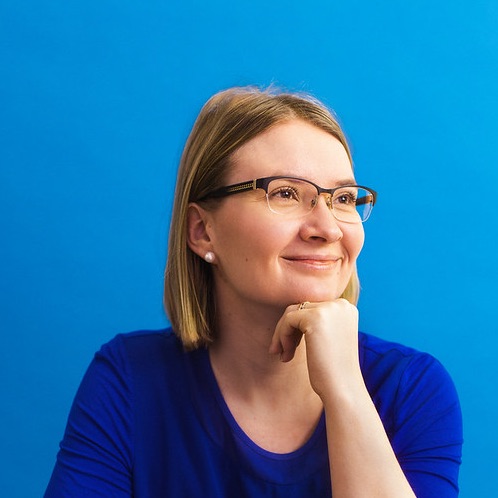
Tua Björklund DF Director, Associate Professor
tua.bjorklund@aalto.fi
+358 50 511 3182 -
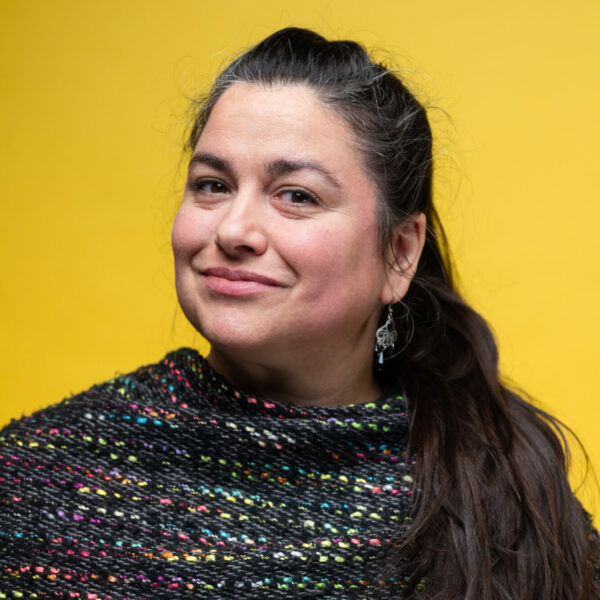
Vikki Eriksson Head of Research
vikki.eriksson@aalto.fi
+358 50 466 8713 -
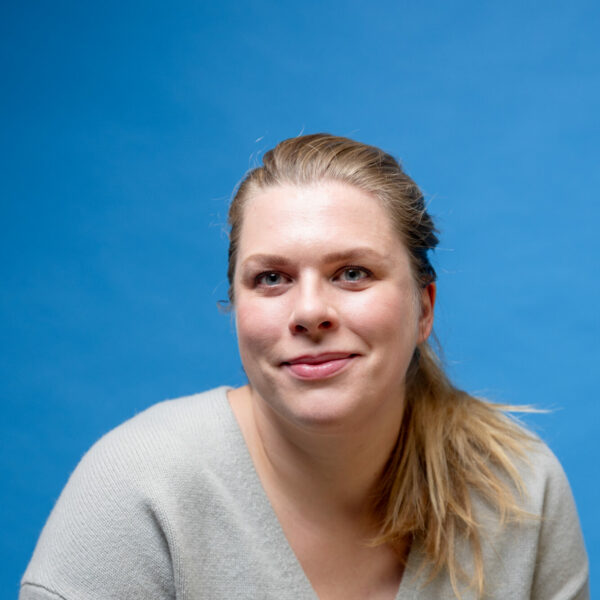
Senni Kirjavainen Researcher
senni.kirjavainen@aalto.fi
+358 50 521 5964 -

Sara Santos Figueiredo Researcher
sara.santosfigueiredo@aalto.fi
+358 50 592 7107
 Aalto DF
Aalto DF